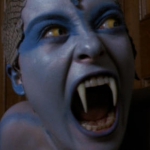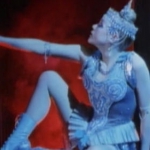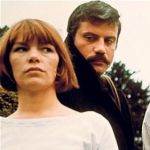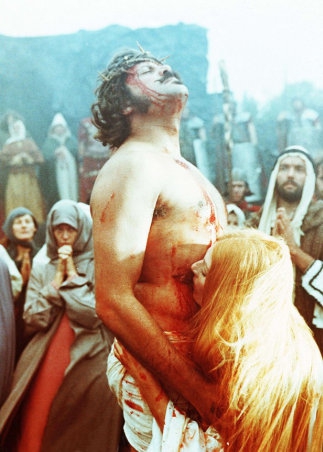Ken Russell | Offscreen
British iconoclast Ken Russell (°1927- †2011) directed some of the most audacious, controversial and stylish films ever. The visionary cineaste owes much to his attention to detail, his flamboyant style and his baroque photography. He began his career in the 60s, directing deliberately irreverent artist biographies for television. His great innovation was inserting sequences played by actors into the documentaries. In his later full-length features he would continue to make artist portraits which, due to their subjective nature, were considered highly contentious. In Russell’s non-biographical films he adroitly juggles different genres and styles, forever walking the lines between great art and popular culture, high camp and low trash, pure beauty and vulgar kitsch, and dreams (or nightmares) and reality. He left behind a filmography which sends us back to a past illuminated by the present, and vice-versa. With nearly 90 documentaries and films on his belt, Ken Russell made a name for himself as a rebel, remaining faithful to the sex, drugs, and rock’n’roll motto throughout his career.
Altered States
Research scientist Eddie Jessup (William Hurt) believes other states of consciousness are as real as everyday reality. Using sensory deprivation, then adding powerful, hallucinogenic drugs, he explores these altered states... and endures experiences that make madness seem a blessing.
The Lair of the White Worm
Russell uses Dracula author Bram Stoker’s final novel as the basic springboard into a surreal, campy and dark-humored tale concerning a bizarre cult and a series of sacrificial murders in honor of an ancient pagan god. He also manages to pack in enough phallic imagery to make a Freudian's head swim.
Salome's Last Dance
Russell’s extremely outlandish and visually startling adaptation of the notorious Oscar Wilde play, a fetishist retelling of the John the Baptist and Salome story from the Old Testament, with a few dollops of sexually perverse imagery thrown in for good measure.
Women in Love
Glenda Jackson garnered an Oscar for her role in this adaptation of D.H. Lawrence’s classic novel. Russell captures the author's radical and uncouth thoughts about love and marriage in 1920s England and shocks 1970s England with a nude wrestling scene between manly men Alan Bates and Oliver Reed.
- ‹‹
- 2 of 2










